Paul McCartney Clarifies AI Use on The Beatles ‘Final Album’
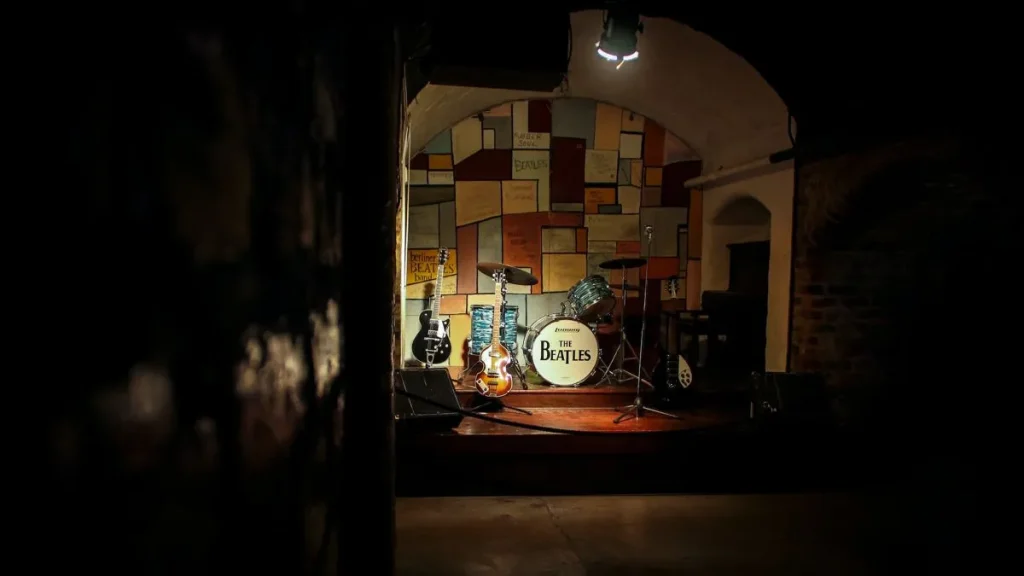
Sir Paul McCartney is clarifying some comments he made surrounding the use of AI on the upcoming ‘final’ Beatles album. The legendary singer revealed to BBC that AI tech was used to extricate and clean up an old recording of John Lennon’s voice from a previously unheard track. “We just finished it up and it’ll […]
Amazon Music, Spotify, Distrokid, Empire, Downtown, & More Launch ‘Music Fights Fraud Alliance’
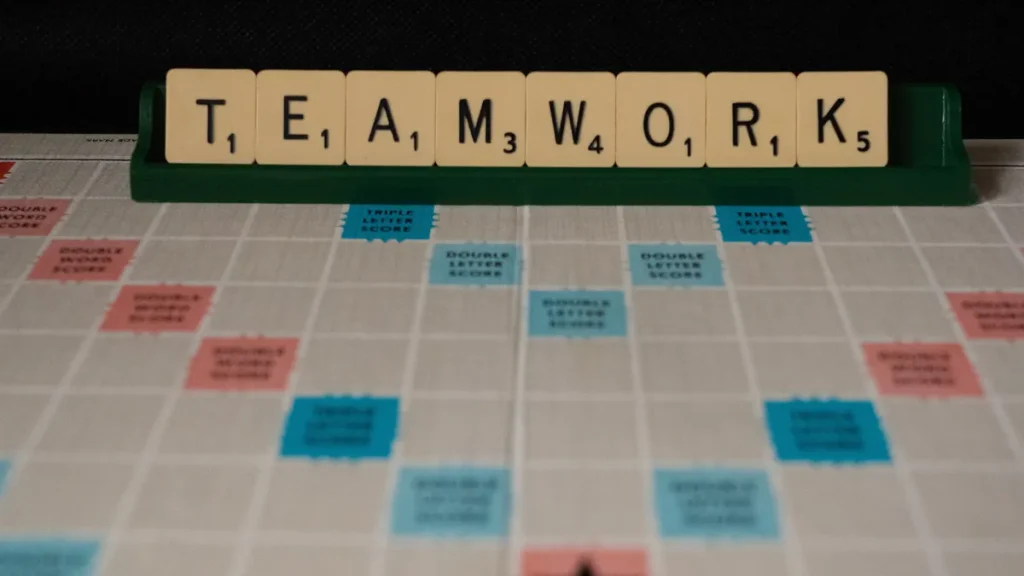
Photo Credit: Nick Fewings The Music Fights Fraud Alliance unites all corners of the music industry in combating the growing threat of fraud in music streaming. A new global task force aimed at eradicating streaming fraud, the Music Fights Fraud Alliance (MFFA) represents all corners of the music industry, aligning for the first time as a united […]
ASCAP CEO Says “AI Doesn’t Scare Us”
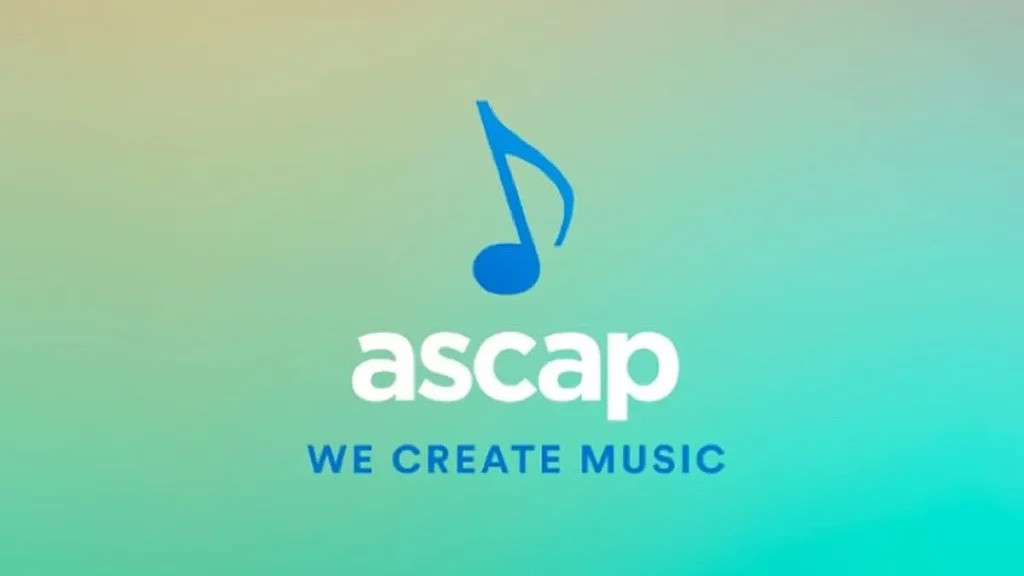
ASCAP says it has a slate of AI initiatives in the pipeline to help music creators navigate the future while protecting their work. These newly announced initiatives include adoption of a key set of AI principles, creator education, and startup incubation and policy development. ASCAP says it plans to build upon the not-for-profit PRO track […]
Does It Make Sense To Move To a Music City?

Photo credit: Erik Mclean I just moved from Austin, Texas to Richmond, Virginia. It was for personal reasons, but it made me think: how might this move benefit my music career? So this post will cover why you may (or may not) want to move to a music city. And by “music city,” I mean […]
Spotify Is Testing Internet-Free Playlists With ‘Your Offline Mix’

Spotify is now testing ‘Your Offline Mix,’ a playlist feature that is automatically accessible when devices lack an internet connection. Photo Credit: Ivan Akimenko Spotify is officially testing “Your Offline Mix” – a playlist that, as its name suggests, is accessible when devices aren’t connected to the internet. Daniel Ek, the streaming giant’s CEO, confirmed […]
What’s the Best Tool for Tracking Spotify Data?
Photo Credit: Chartmetric Curious about the best tools for tracking Spotify data? We look at some of the best options to track your streaming data across platforms. Few would argue Spotify’s dominating presence as an indicator of artist success across streaming and social platforms — critical components of upward momentum in the music industry today. […]
Tidal Launches Artist Home — What Is It And Why Does it Matter?
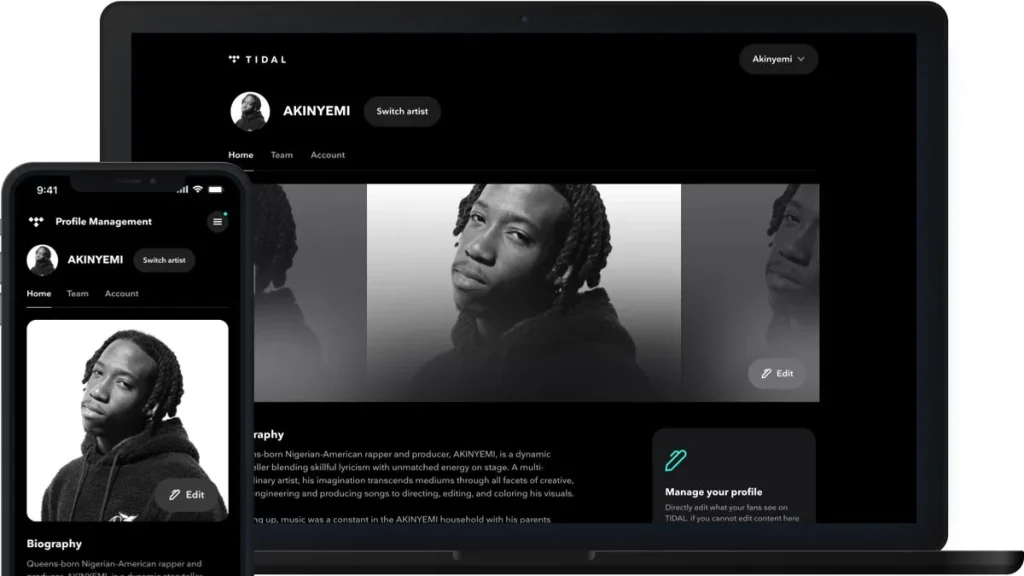
Photo Credit: Tidal Tidal is launching ‘Artist Home’ a new hub for its products designed to help artists ‘focus on their art.’ Tidal says Artist Home will allow artists to manage how fans see their Tidal profile, as well as get access to the latest products and resources the service is building for artists. The […]
What’s the Deal With Sped-Up Songs?
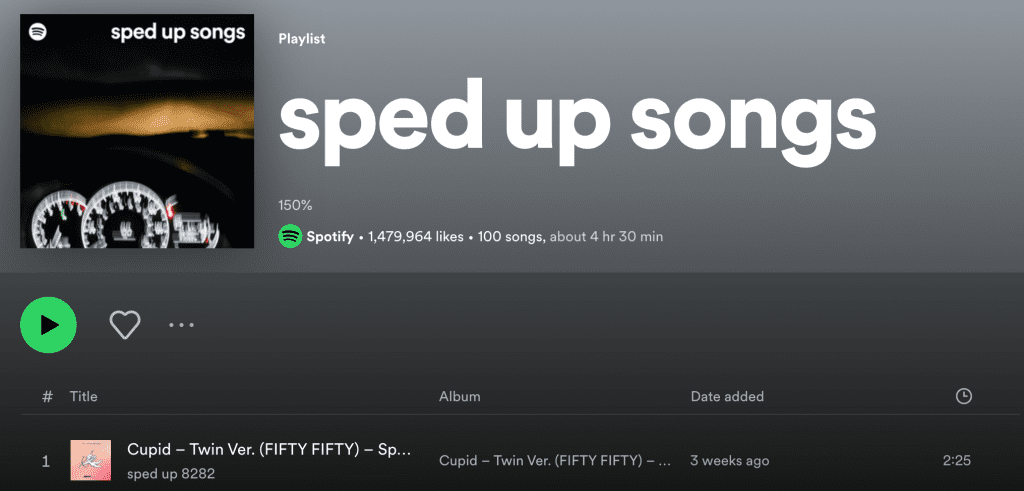
Sped-up songs are a trend right now. People love fast songs so much that Spotify has a playlist devoted solely to “150%” fast songs. Why though? Who knows – trends come and go because something in the zeitgeist bubbles up. But the fact is, listeners want sped-up songs right now. So what does this mean […]
TikTok Officially Announces the ‘Artist Impact Program’
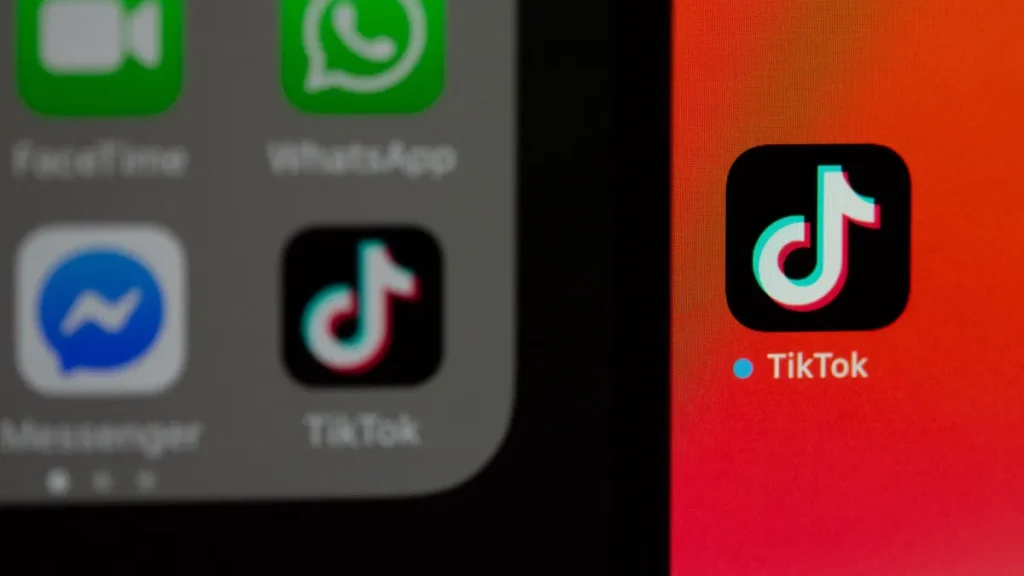
Photo Credit: Solen Feyissa TikTok has officially announced the ‘Artist Impact Program,’ effectively expanding the TikTok Commercial Music Library with more than a million songs and sounds from emerging and established artists. TikTok reports that 88 percent of its user base says that sound is essential to the TikTok experience, while 68 percent remember a brand better […]
Playing Around With Google MusicLM — Just How Good Is It?
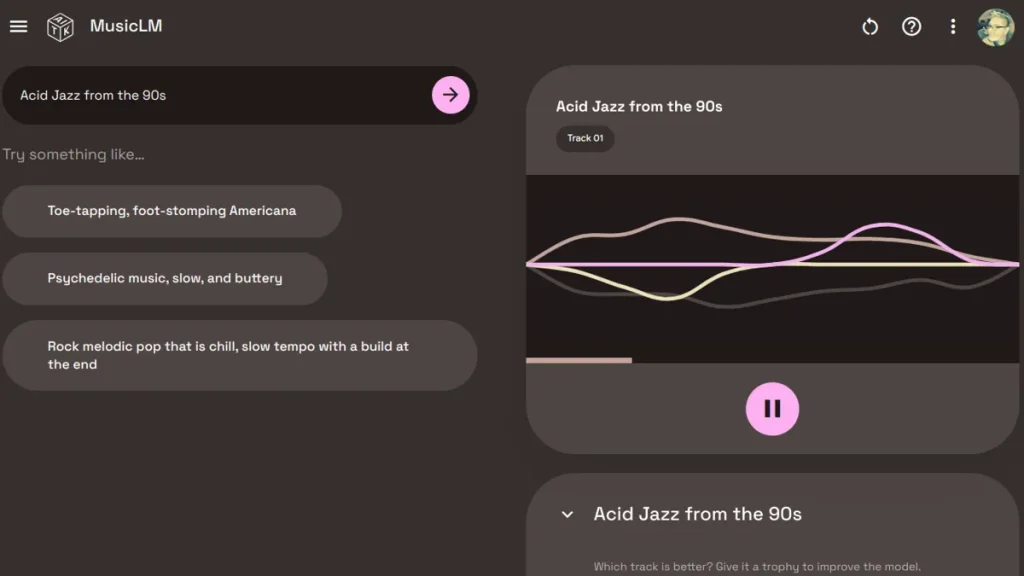
Photo Credit: Google MusicLM In 2022 was the year crypto imploded, then 2023 is the year that artificial intelligence has exploded. Large language models, neural networks, and machine learning have helped drive the field of AI forward at warp speed. You can now use AI to generate your album art—and maybe even your music. Google […]
